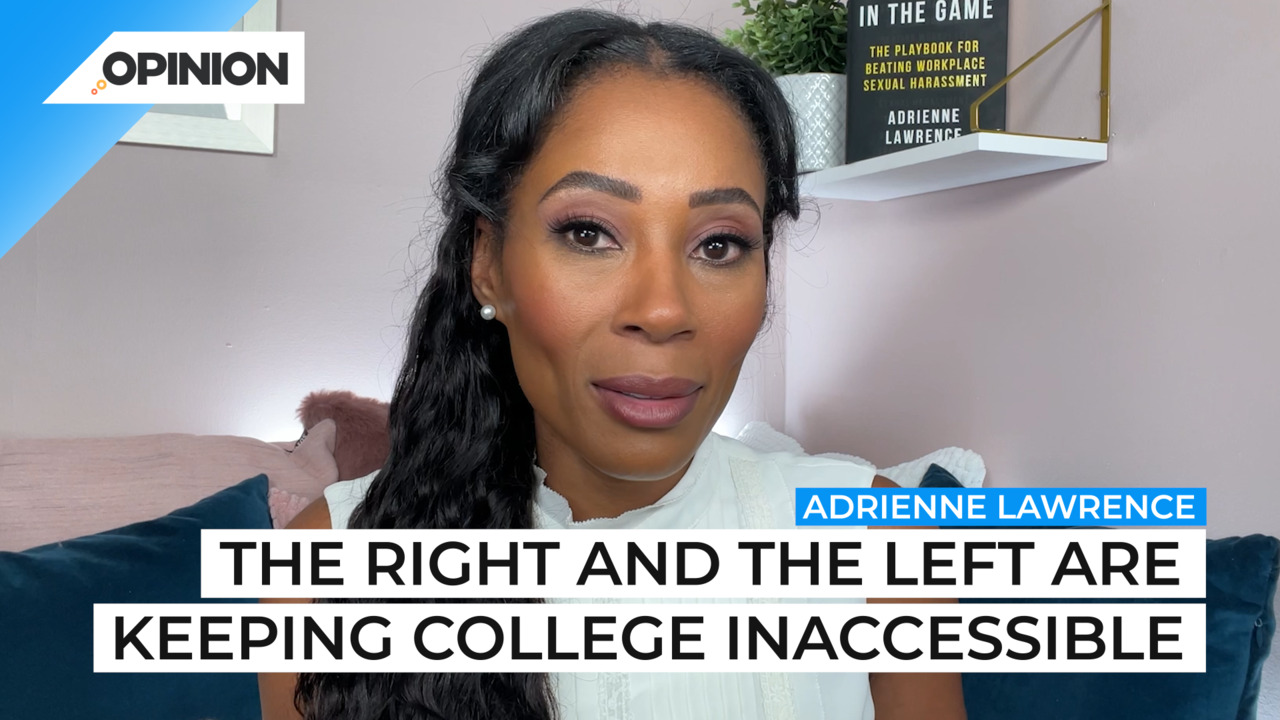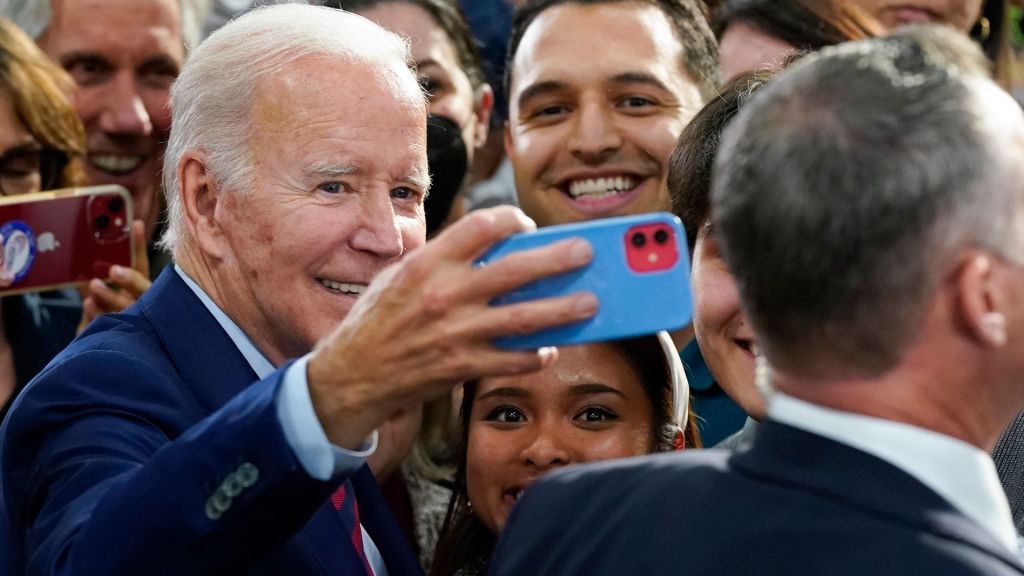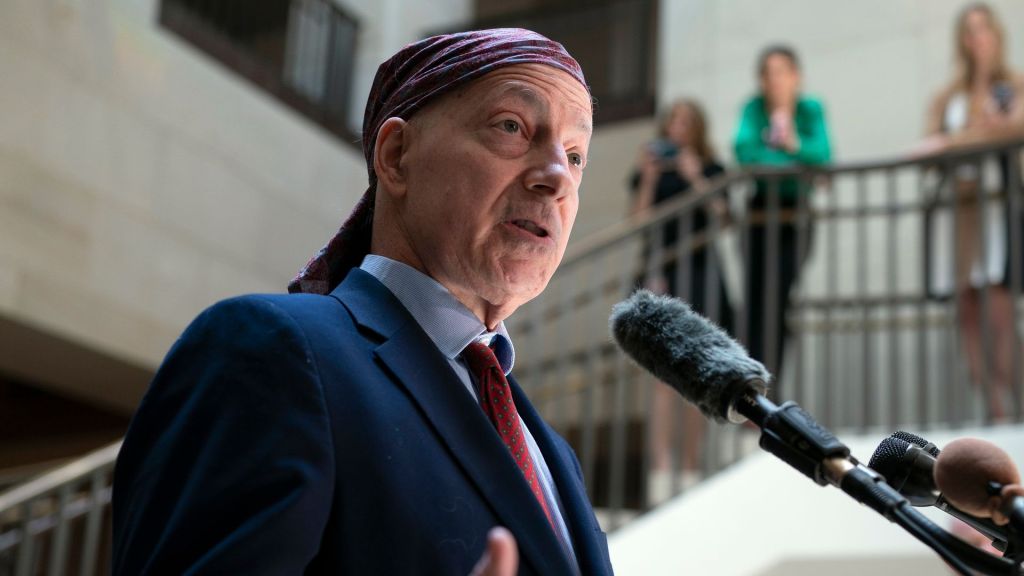
Commentary
-
Our commentary partners will help you reach your own conclusions on complex topics.
As outrage pours in over President Biden’s paltry student loan forgiveness plan, too many Americans are missing the fact that the pursuit of education is declining in our country. The byproduct of an un- and undereducated society will be disastrous for us in the coming years. The right needs to stop pushing this anti-education agenda, and everyone needs to step up to make higher education accessible to all. As it concerns higher education, college attendance rates are dropping. More than one million fewer students are enrolled in college now than before the global pandemic began, according to the National Student Clearinghouse Research Center. This isn’t just attendance at so-called four-year institutions, mind you. Rather, community college enrollment is down by 13 percent. It’s also not simply a pandemic-related decline. The numbers started to fall in the fall of 2021, when undergraduate schools saw some five-hundred thousand fewer students enroll. Graduate program enrollment too slid by nearly eleven thousand shortly before the pandemic. People are not seeking as much higher education as they once did. This is extraordinarily harmful to our society. Not only will we likely start to see a decline in innovation and contributions to mankind, but we’ll also see harm to our economic growth. The fewer educated people in the United States, the worse off we are in terms of our economy. Fewer educated people translates to fewer professionals with the skills, credentials, and degrees necessary to serve our communities. How will we effectively heal our fellow Americans with a shortage of doctors? How will we discover new medicines, treatments, technology with fewer scientists? And so on… Also, fewer educated people translates to fewer professionals earning higher wages. That means less money earned and thus less spent to bolster our economy. The economic ripple effects of lower college enrollment are real. Not to mention that it’s nearly unprecedent… Per the National Student Clearinghouse Research Center, we’re coming off the largest two-year decline in higher-education enrollment in fifty years. There already was a skills gap before the pandemic, and now it will be exacerbated by the continued decline in attendance. This is a problem that we all must work together to fix. Yet so many members of the right continue to attack higher education, negatively referring to the educates as “elites.” In his new book, Charlie Kirk, founder of Turning Point USA, calls higher education a “scam” as he encourages young Americans not to pursue a college degree. All the while, his fellow conservatives are busy attacking educators at the grade school level and passing laws that restrict what can be taught. The message is to restrict knowledge, rather than seek to expand it. The right isn’t alone in contributing to the decline in higher education. Both the right and the left are aparty to keeping college inaccessible. Many complained about President Biden forgiving a mere ten to twenty thousand dollars of student loans for borrowers making less than one hundred and twenty-five thousand dollars. That forgiveness is a drop in the bucket for many borrowers. Ninety percent of those who qualify earn less than seventy-five thousand a year. College is far too costly. Between 1980 and 2020, for instance, the average cost of getting an undergraduate degree increased by one hundred and sixty nine percent, according to a recent report from the Georgetown University Center on Education and the Workforce. Yet wages aren’t keeping up with inflation and costs, making the pursuit of higher learning entirely impossible. If we as a nation—right, left and everything in between—do not come together now to encourage education and to make it accessible for all, our future as a people will be bleak, if that.
-
Supreme Court must end criminalization of homelessness
On April 22, the U.S. Supreme Court addressed the nation’s homelessness crisis, considering whether an Oregon city had the right to ban homeless people from camping in public spaces. A majority of justices appeared inclined to support the city’s efforts to regulate homeless encampments on public grounds. This decision carries significant implications for the growing…
-
Why are non-consensual pelvic exams still happening?
More states are beginning to crack down on the surprisingly common practice of medical students and professional staff performing non-consensual pelvic exams on unconscious men and women in hospitals, universities and other medical facilities. Just one year ago today, those practices remained legal in a majority of U.S. states. Now, however, a new directive from…
-
Congress should repeal the Foreign Dredge Act
The collapse of Baltimore’s Key Bridge presents challenges for cleanup and construction crews who rely on dredging vessels to complete their work. That’s partly because of the Foreign Dredge Act, a 1906 law that prohibits foreign-made dredging vessels. Congress is now introducing a measure to revise parts of that law, although previous attempts to do…
-
Gen Z women must fight for their rights
Gen Z, the first “digital native” U.S. generation, is entering the workforce, studying at university and serving in the military. From school shootings and cyber-bullying to COVID-19 and the overturning of Roe v. Wade, this generation has been shaped by unique trends and events, and how they will behave as citizens and voters is an…
-
Users must have rights in Big Tech’s AI race
Big Tech companies across the board, including Meta, X, Amazon, Microsoft, and Alphabet are racing to draft policies that enable them to use user-generated content to train advanced generative AI models without user permission or compensation. The Federal Trade Commission is investigating where it can, but government regulations lag far behind the rapid pace of…
Latest Opinions
-
 Getty Images
Getty Images
Biden uses NFL draft ad to try to connect with young voters
-
 Getty Images
Getty Images
Powering pot: Energy for US cannabis industry could electrify 13.5M homes
-
 Getty Images
Getty Images
Allies plan for Trump to have more control over interest rates
-
 Getty Images
Getty Images
FDA: Bird flu found in 1/5 commercial milk samples, suggests greater spread
-
 Reuters
Reuters
China permanently deploys warships to second overseas base
Popular Opinions
-
In addition to the facts, we believe it’s vital to hear perspectives from all sides of the political spectrum.


